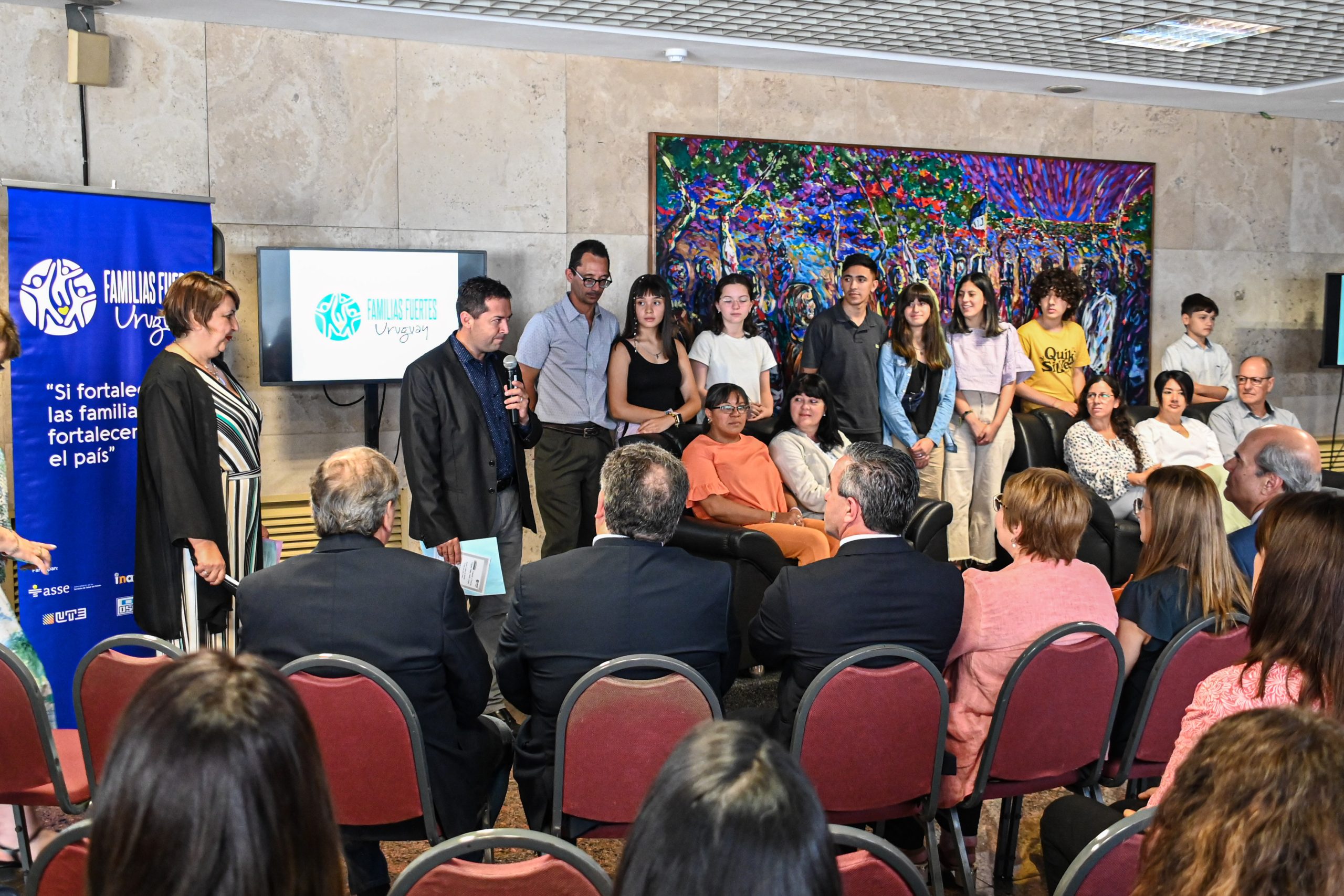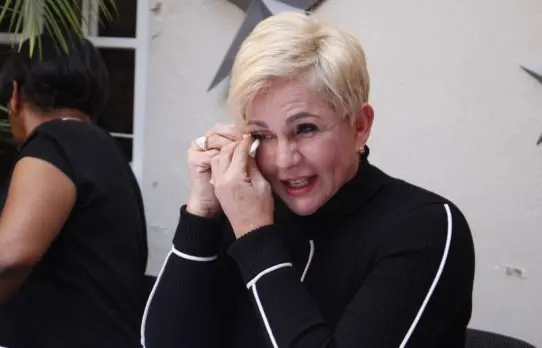This Tuesday, December 6, a session was held to evaluate and close the 2022 implementation of the Strong Families Program, a prevention initiative that aims to strengthen family ties and promote effective communication between parents and children. This government proposal began this year with a pilot experience in Canelones, and was later extended to Treinta y Tres, Durazno, Florida, and Cerro Largo. A total of 90 families and more than 200 people participated in experiences that were classified as successful by all participants.
In the event, held in the annex of the Legislative Palace, the families gave their testimonies, in a ceremony that had components of great emotion and motivation.
On the occasion, the Director of the Adolescence and Youth Program of the MSP and National Coordinator of the Program, Lorena Quintana, expressed that the strengthening of family ties and communication prevents different problems, including addictions.
He added that it is centered on three pillars: warmth, structure (limits and norms) and support. Thirty facilitators have already been trained, with armed teams that made it possible to carry out this initiative.
It is a Program of the Pan American Health Organization (PAHO), adapted from its original “Strengthening Families”, developed by the Institute for Social and Behavioral Studies at Iowa State University.
It is adapted to the Uruguayan idiosyncrasy, and for this purpose it worked jointly with the Academy (Chairs of Pediatrics and Family and Community Medicine, respectively), the University of the Republic, the Catholic University and the University of Montevideo.
It is carried out inter-institutionally, with the coordination of the Ministry of Public Health (MSP), and in which ASSE, INAU, the National Drug Board, UTE, ANTEL and OSE will participate.
For his part, the President of INAU, Pablo Abdala, highlighted the success of the program, which is one more tool that adds to the different devices that the Institute has. He also stated that society owes a debt to adolescents, and that this type of action helps prevent institutionalization.
Meanwhile, Dardo Rodríguez, Deputy to the National Drug Board, expressed that this type of program collaborates with the prevention of drug use and other behaviors, through the strengthening of family ties.
For his part, the Vice President of ASSE, Marcelo Sosa, thanked the work of the teams belonging to the different institutions involved, and the families for believing and trusting in the program.
Likewise, he highlighted the work as a State, of betting on a strategy that bets on the strengthening of families, which he also considered contributes to health prevention, both physical and emotional.
The ASSE Vice President was accompanied on the occasion by the Institution’s Member, Julio Micack.
In the same line of thought as Abdala, he reaffirmed the success of the program, and that it is intended to reach 500 families during the 2022-2025 period.
The General Director of Coordination of the MSP, Karina Rando, stated that promoting communication and positive behaviors improves the ability to ask for help, favoring from the point of view of mental health.
He emphasized that it is a formidable program from the social point of view, interpersonal relationships, child and adolescent development, and health. ASSE







